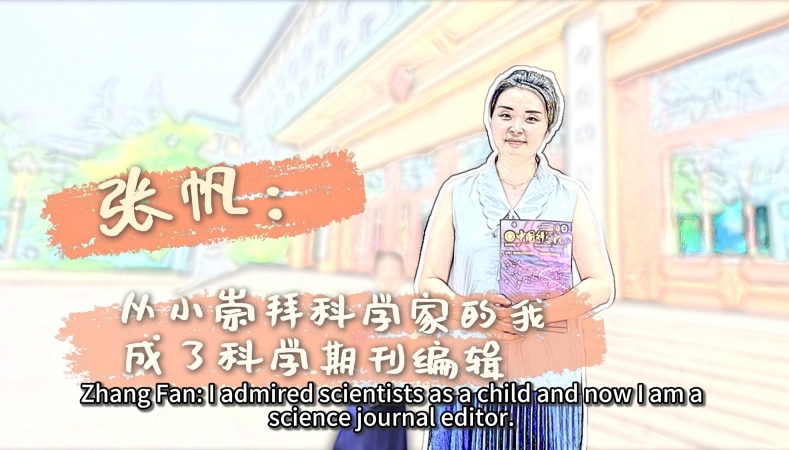Tsinghua team proposes 'neuromorphic completeness'
Chinese scientists proposed the novel concept of "neuromorphic completeness" in their paper recently published in the journal Nature, offering a corresponding system hierarchy for the development of brain-inspired computing, or neuromorphic computing.
Tsinghua University said the paper entitled "A system hierarchy for brain-inspired computing," came from a team led by Zhang Youhui from its department of computer science and technology and that led by Shi Luping from the department of precision instruments.
The researchers propose "neuromorphic completeness", which relaxes the requirement for hardware completeness, and a corresponding system hierarchy, which consists of a Turing-complete software-abstraction model and a versatile abstract neuromorphic architecture.
A referee for the journal said this was a novel viewpoint, and might prove to be a major development in the field of neuromorphic computing and the pursuit of artificial intelligence.
Zhang and his colleagues defined a new hierarchy that formalizes the requirements of algorithms and their implementation on a range of neuromorphic systems, thereby laying the foundations for a structured approach to research in which algorithms and hardware for brain-inspired computers can be designed separately.
Brain-inspired computing is a general term for computing theory, hierarchy, chip design, application models and algorithms that draw on the information processing mode and structure of the human biological nervous system.
Speaking of the original intention of the scientific research, Zhang told Science and Technology Daily: "Most of the existing brain-inspired computing system research focuses on how to achieve innovations in the specific chip, toolchain, applications and algorithms, and ignores the thinking about computing completeness and system hierarchy at the macro and abstract level."
"In layman's terms, 'completeness' can answer questions such as what the system can accomplish and where the functional boundaries lie. Research on completeness can provide a theoretical basis for the decoupling of hardware and software systems and for the division and interfaces of tasks between different research fields," Zhang said.
Brain-inspired computing is still in its infancy, and the internationally recognized technical standards and programs have not yet been formed. This paper fills gaps in the completeness theory and the corresponding system hierarchy.
Professor Jin Hai, an expert in computer system hierarchy with the School of Computer Science at Huazhong University of Science and Technology, commented on this research by saying: "They have made basic and original contributions in the field of brain-inspired computing systems, which is conducive to independent mastery of the core technology of new computing system in terms of software and hardware."
You can also read this article at: http://www.china.org.cn/china/2020-10/19/content_76821285.htm

